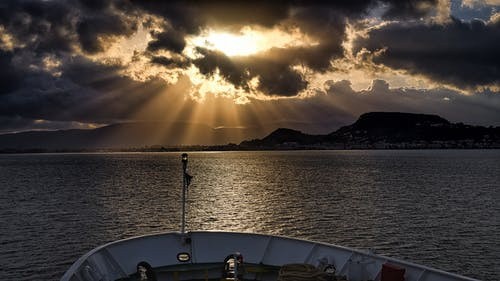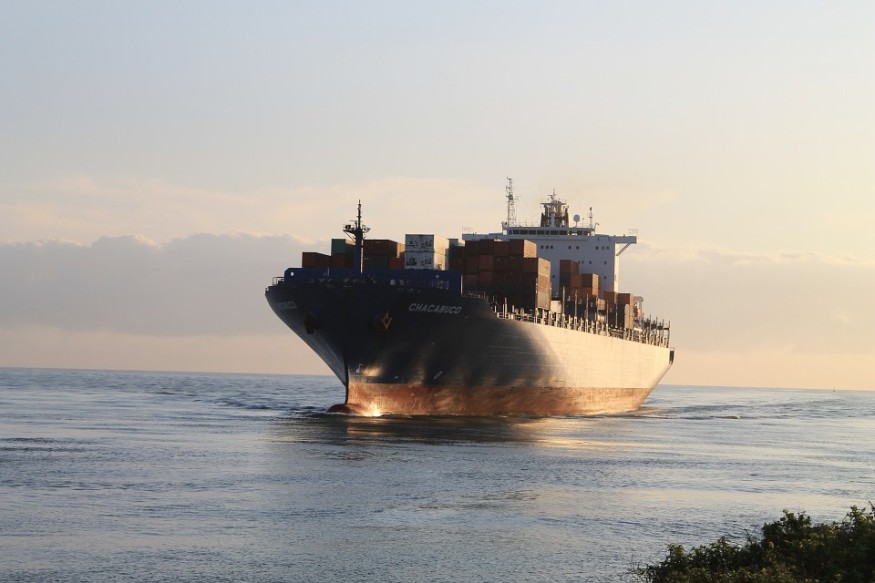The world's first fully-electric autonomous freight vessel was unveiled in Norway, marking a small but hopeful step toward decreasing the marine industry's carbon footprint.

Unveiling Yara Birkeland
The much-anticipated Yara Birkeland, which was unveiled to the media on Friday, will eliminate the need for around 40,000 polluting diesel truck journeys per year by shipping up to 120 containers of fertilizer from a plant in the southeastern town of Porsgrunn to the Brevik port a dozen kilometers (about eight miles) away.
"Of course, there have been challenges and setbacks," said Svein Tore Holsether, CEO of Yara, a Norwegian fertilizer company.
"But standing here today in front of this ship and seeing that we were able to achieve it," he added, the sleek blue-and-white yacht moored behind him in an Oslo harbor, where it had been sailed for the ceremony.
Operating Trials

The 80-meter, 3,200-deadweight-tonne ship will undergo two years of operating trials in the coming months, during which it will be fine-tuned to learn to maneuver on its own.
Once the vessel makes its 7.5-nautical-mile voyages on its own with the help of sensors, the wheelhouse might be gone in "three, four, or five years," according to Holsether.
From the potentially doomed bridge, project manager Jostein Braaten remarked, "Quite a lot of the issues that happen aboard vessels are due to human mistake, for example, exhaustion."
He stated, "Autonomous functioning can ensure a safe voyage."
While the Yara Birkeland will travel a short distance, it will encounter numerous hurdles.
"Right now, large vessels can't do much with a kayak. They can warn, but they can't maneuver away" or reverse to prevent a collision.
Autonomous navigation will necessitate the creation of a new set of regulations that do not already exist.
The standard machine room onboard the Yara Birkeland has been replaced by eight battery compartments, giving the vessel a capacity of 6.8 MWh, all of which is sourced from renewable hydroelectricity.
Equivalent to 100 Teslas
Braaten explains, "That's the equivalent of 100 Teslas."
The maritime sector, which accounts for about three percent of all manufactured emissions, plans to cut its emissions by 40% by 2030 and 50% by 2050.
Despite this, the industry has grown in recent years.
Maritime Estimates
According to the latest estimates from the International Maritime Organization, the shipping and fishing industries combined released more than one billion tonnes of greenhouse emissions in 2018, up from 962 million tons in 2012.
The Yara Birkeland's contribution to global climate efforts will be a drop in the ocean, with the excessive vehicles emitting 678 tonnes of carbon dioxide per year.
According to experts, electric vessels are not expected to become a universal answer for the sector anytime soon.
"Electricity has a 'niche' purpose, especially for ferries, because they are frequently short and steady routes, maybe on coastal and river transports, but it's not well-suited for lengthy ocean crossings," said Camille Egloff, a maritime transport expert at Boston Consulting Group.
For more news about making the environment sustainable, don't forget to follow Nature World News!
© 2025 NatureWorldNews.com All rights reserved. Do not reproduce without permission.





